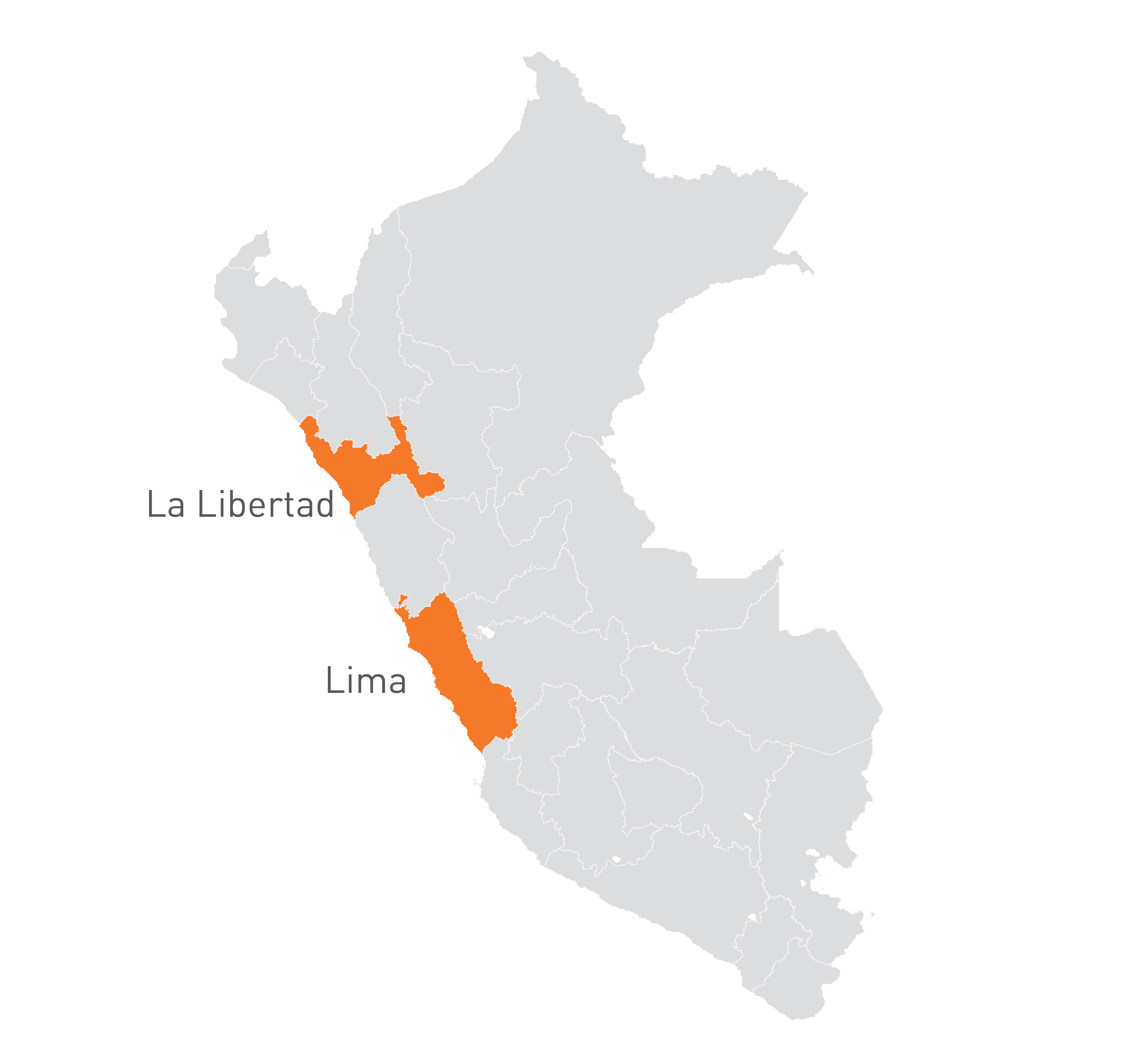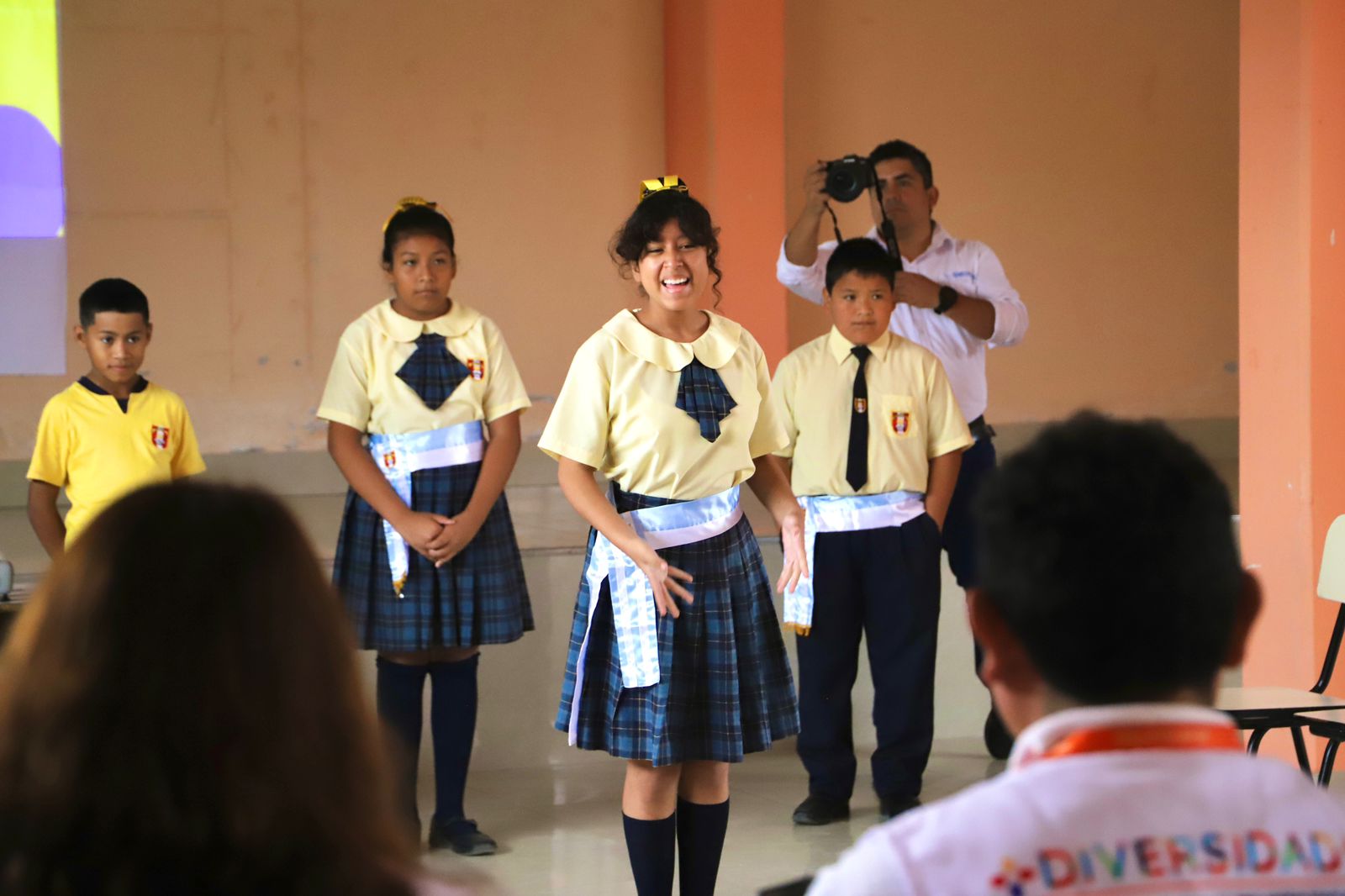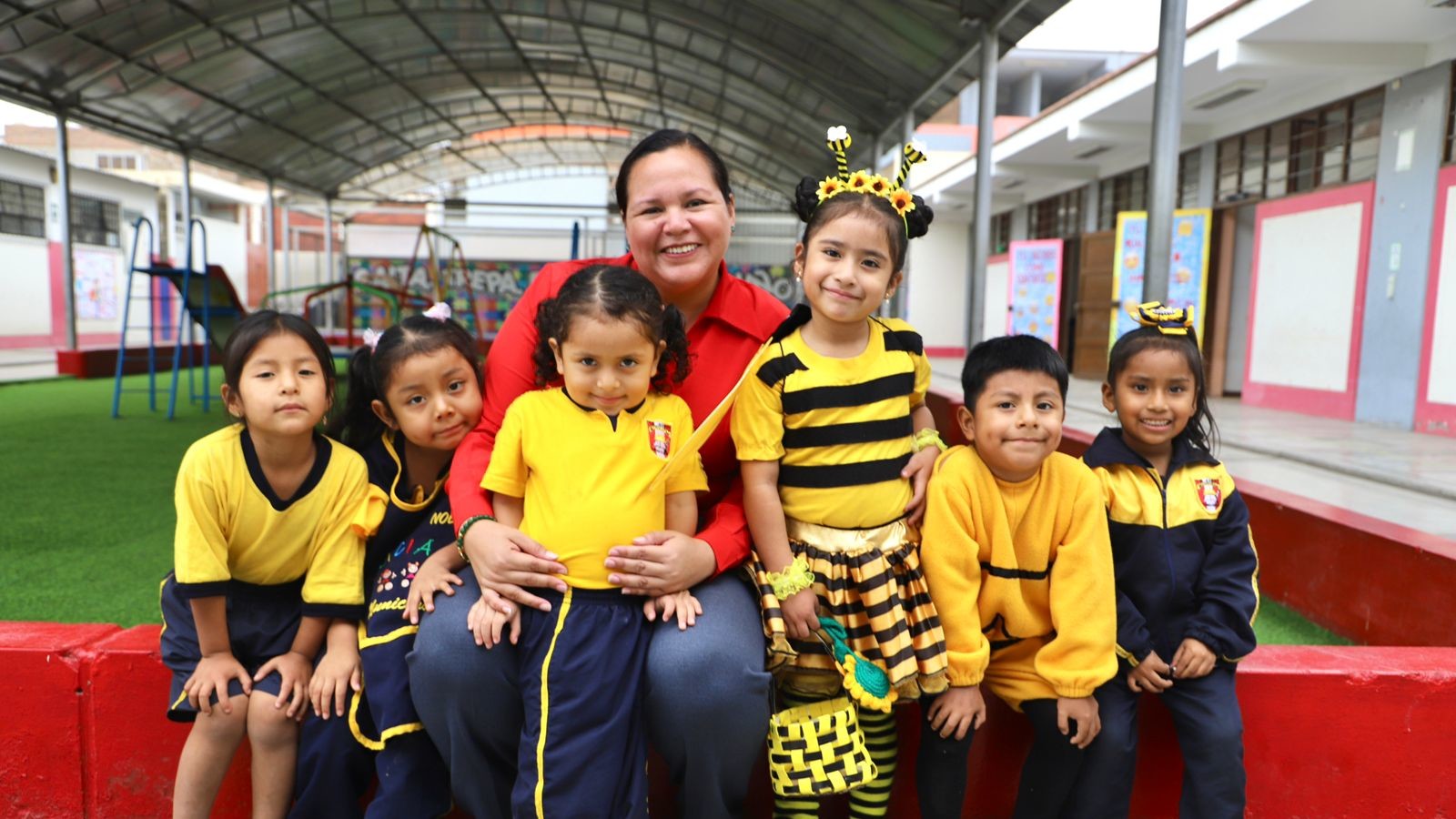ECW in Peru
Millions of Venezuelans have fled their homes seeking refuge in neighbouring countries. The majority of displaced Venezuelans live in Latin America and the Caribbean, with Peru hosting the second largest number of Venezuelan refugees and migrants. Despite post-pandemic economic growth in Peru, political instability continues to threaten children’s access to quality learning opportunities, particularly for children from indigenous communities, children with disabilities and Venezuelan refugee and migrant children. To be protected, children are in dire need of assistance and reintegration into the formal school system. Since 2019, Education Cannot Wait (ECW) has been supporting partners in Peru to help the most marginalised children access formal education and strengthen foundational skills. This is part of the Fund’s response to the impacts of the Venezuelan regional crisis in Brazil, Colombia, Ecuador, Peru and Venezuela.

Investments
Financial Information
National Counterparts
Ministry of Education
Results
Additional Results
- Number of children and adolescents who completed an ECW-supported non-formal education programme: 1,236
- Number of girls and boys receiving cash transfers for education: 5,778
COVID-19 Results
Programme Info

Despite government policies guaranteeing education access for all children in Peru regardless of legal status, barriers such as unclear enrollment processes, financial constraints, frequent mobility, and discrimination and poor enforcement of these policies at school level, keep Venezuelan children out of school or dropping out at high rates. Thousands of Venezuelan children remain out of school, and dropout rates among refugee and migrant children are far higher than the national average. In addition, due to barriers in enrollment and lack of sufficient vacancies in schools, there are often months of gap in enrollment, leading to a large number of children lagging behind. Overaged children are especially vulnerable to dropping out due to limited alternative education options. This is compounded by differences in curricula and teaching methods, particularly in mathematics, which make learning difficult for Venezuelan students, while teachers are poorly equipped to tailor to the diverse needs of students.
Within this context, a holistic response is required to address the immediate education needs to ensure access, retention, and completion of education trajectories, and provide well-being and safety for children and adolescents in and around schools, while strengthening systems, data and policies for longer-term resilience. With this aim, ECW builds on the impact of its previous investments in Peru and continues its support through a new Multi-Year Resilience Programme (MYRP) in Metropolitan Lima and La Libertad.
Programme Components
-
Improved access, retention, and completion of learning trajectories for refugee, migrant and host community children and adolescents.
-
Educational institutions recognized as inclusive, welcoming, and safe spaces that promote social and emotional skills and wellbeing of refugee, migrant and host community children and adolescents.
-
Refugee, migrant and host community adolescents are empowered to meaningfully engage in the design and development of their life projects.
For more information on ECW's work in Peru, please contact Country Lead Dianah Nelsen (dnelson@unicef.org) and Programme Manager Vina Barahman (vbarahman@un-ecw.org).





